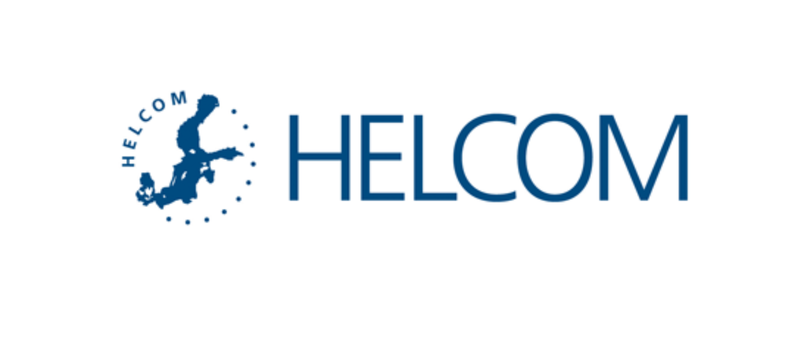20 years of the Helsinki Convention in Poland
23 stycznia 2020 r.
17th January 2020 marks the 20th anniversary of entering into force of the new Convention on the protection of marine environment of the Baltic Sea region - the Helsinki Convention - in Poland.
The main environmental objective with regard to the marine environment is improving the status of marine waters. One of the tools used to protect the waters of the Baltic Sea is the Helsinki Convention, which sets out the principles of cooperation between all the Baltic States in the scope of comprehensive protection of the Baltic Sea against all kinds of pollution, with its executive body named the Helsinki Commission (HELCOM), with seat in Helsinki. Activities undertaken by HELCOM apply to both sea waters and the entire catchment area of the Baltic Sea, which covers 99.7% of the territory of Poland.
The Helsinki Commission operates on the basis of intergovernmental cooperation between Denmark, Estonia, Finland, Lithuania, Latvia, Poland, Germany, Russia, Sweden and the European Union, monitoring the implementation of the convention and making decisions to achieve the assumed objectives. Expert working groups collect data on the status of the environment and pollution entering the Baltic Sea, and accordingly develop recommendations, which are later implemented by State Parties in the form of relevant legal and administrative, investment, education, training, control, monitoring and other activities.
The National Water Authority "Polish Waters" also participates in HELCOM's activities. Experts from the Department of Water Environment Management are involved in the works of three working groups:
The GEAR Group - the main task of which is to ensure synergy of activities in the Baltic Sea region, as well as the to implement ecosystem approach - key element of the Baltic Sea Action Plan (BSAP). The Group also coordinates the coherence of activities in the region with regard to the Marine Strategy Framework Directive and BSAP. The most important elements coordinated in the region are: monitoring programs, indicators for assessing good environmental status, assessing pressures on the marine environment and action programs.
PRESSURE Group - the main task of which is to coordinate activities in the scope of pressures from land and sea on the status of Baltic Sea environment. The group's work focuses on identifying sources of pollution (including point and area land sources) and proposing actions to be taken in order to reduce pollution entering the Baltic Sea.
Implementation Group on Pollution Loads Compilation (PLC IG) - the tasks of which concern preparations for the implementation of subsequent edition of the PLC project and the collection, reviewing and processing of data from previous load compilations. The Group also deals with matters related to annual reporting of data on pollution loads discharged into the Baltic Sea by individual State Parties.

Rest news
- There it is! The first plug from The National Water Management Authority is ready for download.
- World Water Day 2022 under the slogan "Making the invisible visible"
- The validity period of the 2016 water management plans was extended until 22.12.2022.
- From plans to action - what awaits the water management in Poland?
- We will not improve the status of water without specific actions
- Public consultations IIaPGW and aPZRP: over 2,000 applications in order to ensure security against flooding and good water condition!